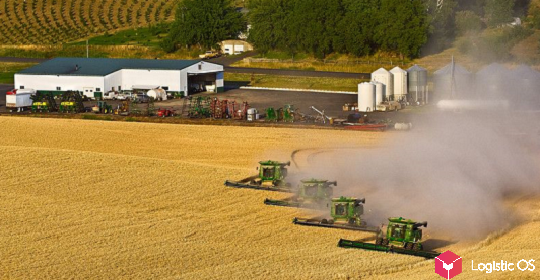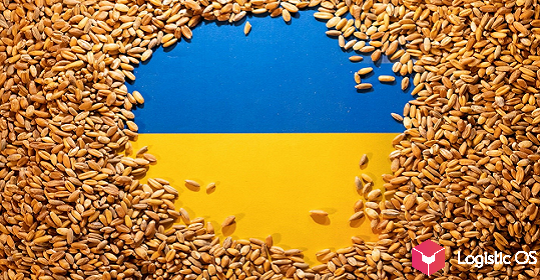Russia has received the consent of foreign partners to create an independent grain exchange of the BRICS countries.
Foreign partners agreed with the proposal put forward by Russia to create a grain exchange for the BRICS countries. This was stated by the Chairman of the Board of the Union of Grain Exporters Eduard Zernin.
According to him, discussions on the project have already begun.
There are chances to complete it by October 2024, that is, just in time for the next BRICS summit to be held in Kazan.
It is emphasized that Russian President Vladimir Putin promised Russian farmers to work with foreign partners on the issue of creating an independent grain exchange back in March.
The urgency of the problem is due to the fact that today the BRICS countries both produce and consume more than 1 billion tons of grain per year, which is about 44% of the total volume of both production and consumption.
In other words, the BRICS countries play a leading role in the global grain market.
However, the infrastructure of this market itself is not at all favorable to the BRICS countries; it developed after the Second World War, when the leadership in the grain market belonged to the United States; they then actively exported wheat and corn.
As a result, the Chicago Exchange was formed, where all payments are made in dollars, and it is still the main trading platform for buying and selling grain on the planet.
At the same time, using such a platform is inconvenient, because all payments are made through the dollar, and in addition, prices can be manipulated.
To avoid such risks, it is proposed to create your own independent trading platform.
Currently, we are talking about creating a unified trade and clearing infrastructure for the BRICS countries, so that grain trading between the members of the association takes place mainly through it.
This will make it possible to protect against price manipulation by third countries and to change the currency of settlements: instead of the dollar, it is proposed to use the national currencies of the countries that are members of the BRICS association.
It is possible that Russia will take the leading role in creating a new platform, since it has experience in creating international trading platforms — for example, the Moscow Exchange.
Eduard Zernin noted that the expected volume of work here is very large, however, there is hope that the bulk of it will be completed by the October BRICS meeting.
It is noted that the creation of such a platform could be a major step towards ensuring free and independent grain trade and could significantly change the entire structure of today’s grain market.

